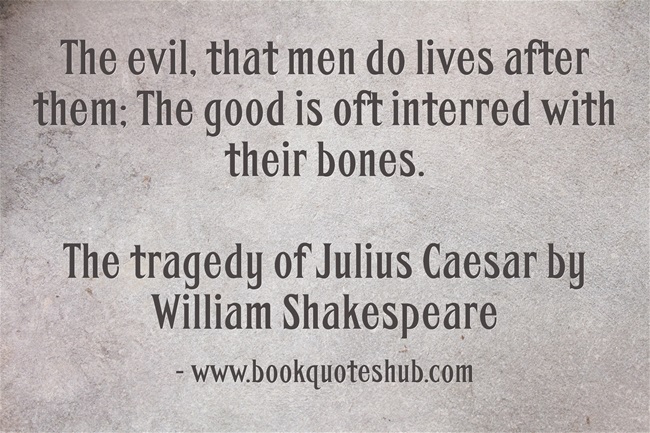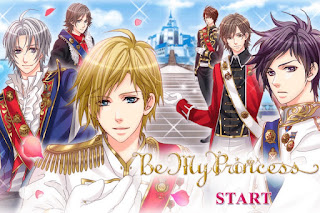What Constitutes A Tragedy?- Tuesday Discussion
The Fascination with the Bad Ending
What constitutes tragedy?
We all know tragedies. The classics come to mind: Romeo and Juliet, Hamlet, Othello. But what constitutes a tragedy? What makes a tragedy, and why are we drawn to writing and creating them?
This was a question that came up today in my Shakespeare lecture this fine afternoon, and it's actually one I'm interested in investigating. I love tragedies, but I also hate them, and likely, I'm not the only one.
So WHY do we like them? Most of the time they get our hearts up for no reason. They make us hopeful that in the end, it'll be alright. Of course, we know it won't, but I can't tell you how many times that I've watched the 1996 Romeo and Juliet and the fantasy-anime, Romeo x Juliet, in the hopes I'll get a different ending. A better ending.
That Juliet will wake up before Romeo poisons himself, and he'll sweep her away to a happily ever after. Yeah, I know I'm using the "classic" tragedy as everyone knows it, but that's not mutually exclusive to just this play, or, the plays of old. There are modern-day tragedies in fiction, movies, games, everywhere!
I once went to see a friend perform in a Canadian play by Judith Thompson. It was called Lion in the Streets, and if at all possible, I encourage you to also pick up a copy. It consists of over twenty parts played by a small cast of eight to ten. It tells the story of a little girl who has died, and is searching for her murder, "the Lion". Over the course of the play, she observes her "neighbors" embark on the worst days of their lives, and must come to the conclusion: should she forgive or seek revenge on the Lion when she finds him?
The Play if you wish to read it. It is very good.
Well, this play fucked me up on a sub-atomic level. Literally, I couldn't sleep right for about three weeks. This play got stuck in my head, and it's a tragic drama with a dash of hopeful intent at the end. I want to review this, but I'm too close to the material to make an impartial opinion.
I love it. But it makes my skin boil. It's not fair, I want to scream. I want there to be a better ending, but there is no better ending than the one already written. It leaves me dwelling in a moral shitfield (ten points if you get that reference from Tim O'Brien). And, if I'm being honest, most tragedies I watch tend to make me have a moment where I'm stuck there, endlessly thinking. Creating and destroying scenarios, thinking about certain scenes, lines, literally everything.
So what is the tragedy, and why do we like them so much?
Well, I have only my own opinion to say in that regard.
Tragedies, in a sense, force us to think. They force us to relate. It's emotional trickery yes, but it's for your benefit. Think about it. We can easily empathize with some characters in tragedies, but even if you don't, good tragedies make the audience feel the struggles they're going through. That's amazing, from a literary perspective. But it's also because it faces us with strong emotional situations, which, on some level, most of us can relate. Or they remind us of a situation similar to it.
Like ekstasis. Being outside yourself, media does this particularly well. Tragedy acts as a mirror. We see ourselves, or we see the struggle we've faced mirrored in the characters. Now, I imagine nobody's killed their uncle like Hamlet, but the loss of a parent is one that is not foreign to us. Nor is grief.
The joy of first love we all know, and thus mirrored in Romeo and Juliet. We know the deep, intense feelings of being in love, but we haven't physically been feuding with our lover's family. Yet, perhaps your dad or mom didn't approve of your boyfriend/girlfriend. We can relate to that, and often, you don't forget these small, scattered moments throughout your life.
Tragedies come and hit the main character is the soft spot that hurts them the most. Then it progresses into an obsession to achieve the things that we all know they won't be able to. Or maybe they do, but the cost of it is high. Just as in real-life. There is no mercy in real-life, and the same goes for tragic stories. They emote the feelings that we cannot express. The characters feel the same things we do, and we can understand them, in return. We want them to succeed in the ways we couldn't, but, at the same time, we know the hardship of reality, and we know that it will be ultimately unattainable.
But we still hope.
Tragedies, I think, remind us of our humanity, and they remind us the value of emotion, life, and hardship. In short, they remind us of ourselves. I also think this is an artistic expression of the highest kind.
Tragedies (as some scholars argue), teach us to be human. I tend to agree with this definition. It's not mine, but it's possibly the best phrasing of it that I've heard.
Yet, I would like to offer an alternative addition to this, one that I've reiterated a bunch of times in this post.
Tragedies remind us of ourselves, of our human lives. Of our world, through a mirrored lens of fiction.
And this, I think, is why we have the fascination with the tragedy, and therefore, the bad ending.
BUT!
I'd love to hear from you guys! This is such an interesting topic, and there's no doubt lots of viewpoints! So what do you think? What constitutes the tragedy? Why are we attracted to it!
LET ME KNOW IN THE COMMENTS
~Meghan





Comments
Post a Comment